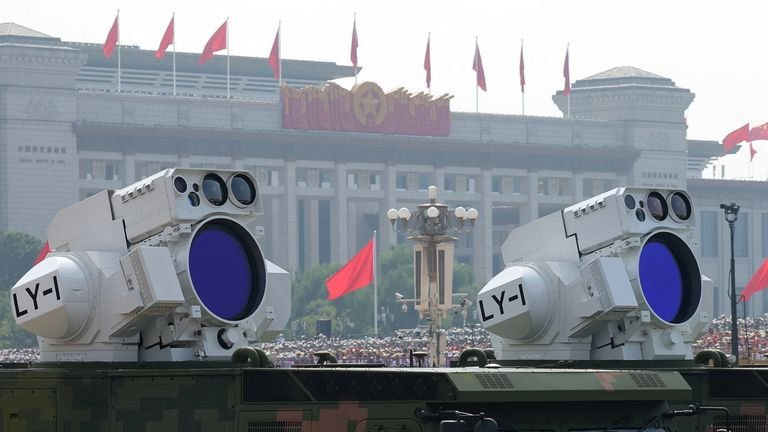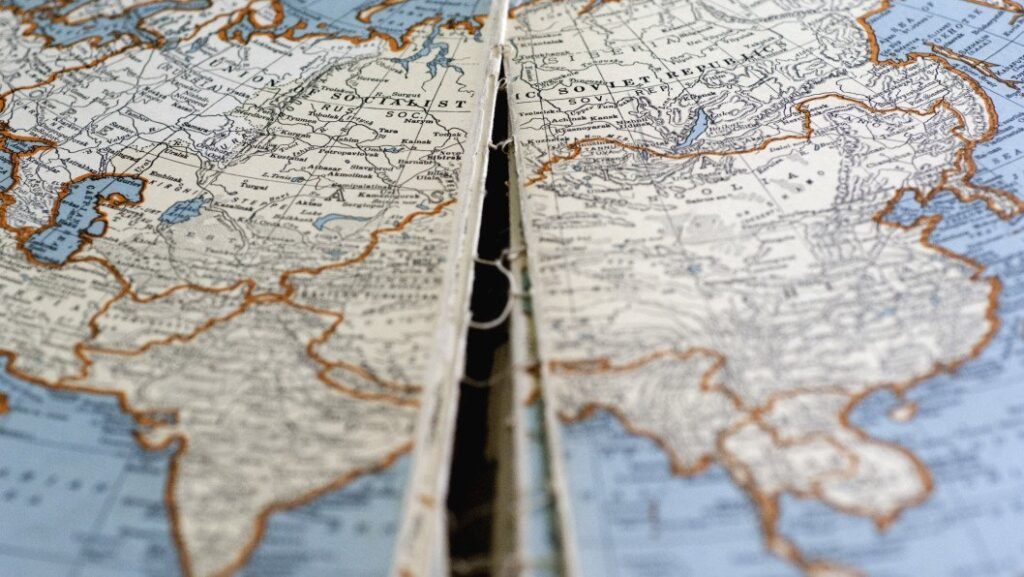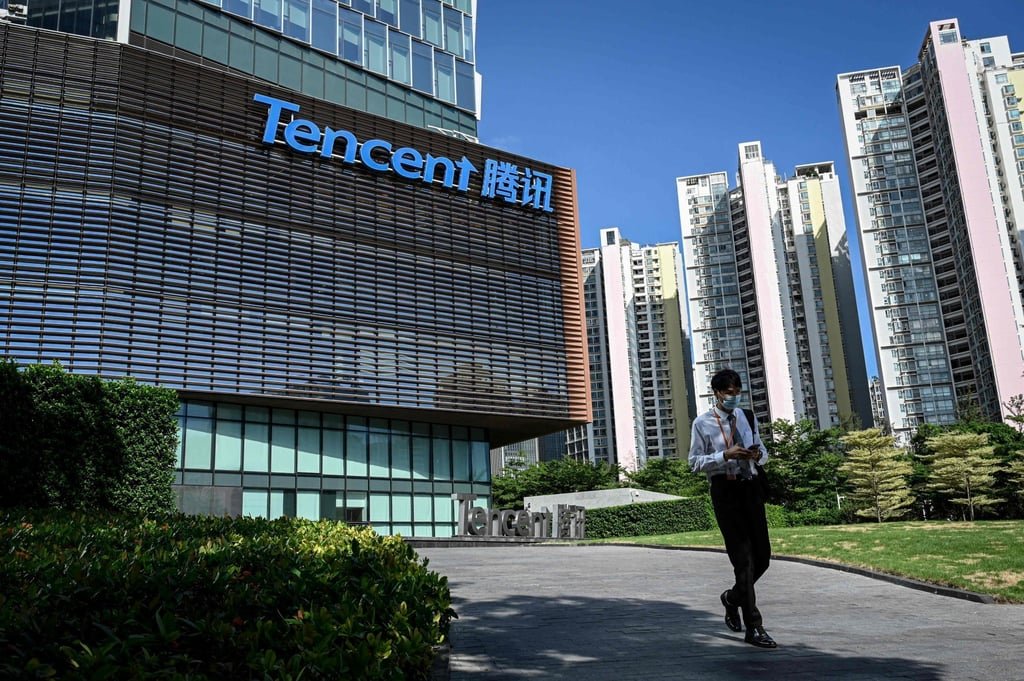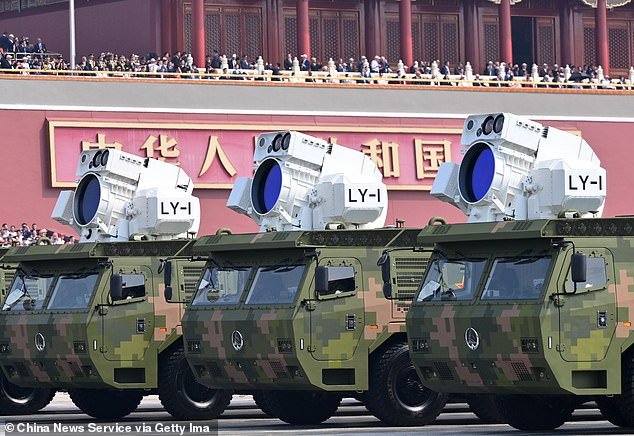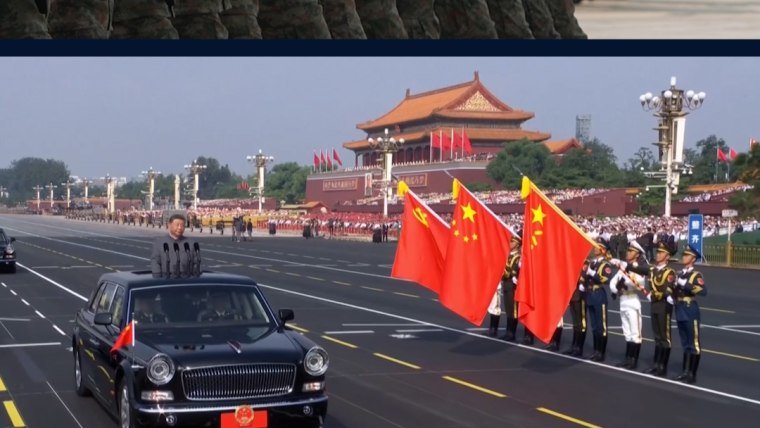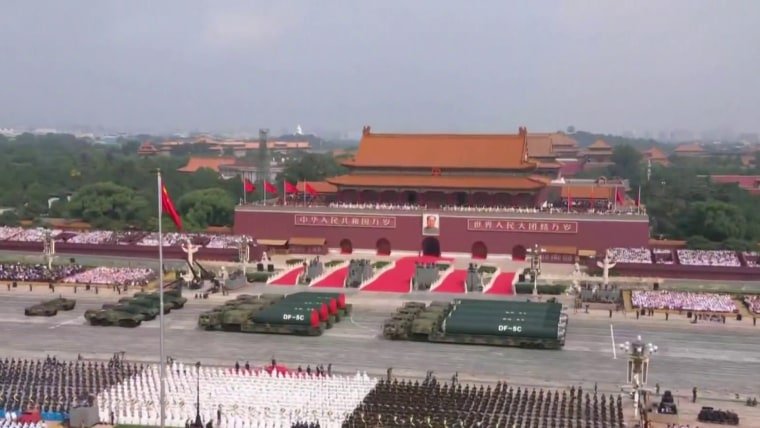President Trump criticized the trade relationship between the US and India on Monday, saying it has been heavily one-sided for decades.
“In other words, they sell us massive amounts of goods, their biggest “client,” but we sell them very little – Until now a totally one sided relationship, and it has been for many decades,” Trump posted.
“The reason is that India has charged us, until now, such high Tariffs, the most of any country, that our businesses are unable to sell into India. It has been a totally one sided disaster! Also, India buys most of its oil and military products from Russia, very little from the US”
The Trump administration is still talking with trading partners, even after the US appeals court ruled most of Trump’s tariffs illegal, US Trade Representative Jamieson Greer said Sunday.
“Our trading partners, they continue to work very closely with us on negotiations,” he said in an interview on Fox News’ “Fox & Friends” program. “People are moving forward with their deals, regardless of what this court may say in the interim.”
A federal appeals court ruled Friday that most of Trump’s global tariffs were illegal, reaffirming an earlier ruling by the Court of International Trade and saying he exceeded his authority in using emergency powers to impose them. The Judges, however, allowed the tariffs to remain in place while the case continues in a lower court.
Trump responded to the decision on Truth Social, saying “ALL TARIFFS ARE STILL IN EFFECT!” He also called the court “Highly Partisan” and said “with the help of the United States Supreme Court, we will use [tariffs] to benefit our nation.”
It means the “reciprocal” tariffs Trump unveiled on dozens of US trade partners (which you can see in the graphic below) now face a fresh bout of legal limbo.
Meanwhile, Brazilian President Luiz Inacio Lula da Silva has authorized plans to retaliate against the 50% US tariffs imposed by President Trump, though the Brazilian leader emphasized he is looking to negotiate with the US administration.
Mexico plans to raise tariffs on Chinese goods under its 2026 budget to protect local industries. The move comes amid US pressure, as Trump has claimed cheap Chinese products are entering Mexico before heading north.
Read more: What Trump’s tariffs mean for the economy and your wallet
Here are the latest updates as the policy reverberates around the world.
LIVE 1784 updates
-
Appeals court invalidates many of Trump’s tariffs. Next stop: The Supreme Court.
A federal appeals court struck down most of President Trump’s Congress-averting global import tariffs Friday in a dispute that’s predicted to head to the US Supreme Court.
The 7-4 ruling, issued by 11 judges for the US Court of Appeals for the Federal Circuit in Washington, D.C., allows the tariffs to remain in place while the administration decides on an appeal to the US Supreme Court.
The decision upholds a ruling handed down in May by the US Court of International Trade (CIT), saying that the president lacked legal authority to order, by way of executive orders, a series of global tariffs imposed on US trading partners. […]
The court emphasized that under the US Constitution, Congress is empowered to lay and collect taxes, duties, imposts, and excises and to regulate commerce with foreign nations.
“Tariffs are a tax, and the framers of the Constitution expressly contemplated the exclusive grant of taxing power to the legislative branch,” the ruling said.
-
Indian oil minister denies country is profiteering from Russian imports
India’s oil minister Hardeep Singh Puri, said on Monday that the country is not “profiting” from Russian oil imports and its purchases have stabilized markets, while also keeping prices from rising as much as $200 a barrel.
Reuters reports:
-
Trump slams India’s high tariffs, calls trade relationship a ‘disaster’
President Trump criticized the trade relationship between the US and India on Monday, saying it has been heavily one-sided for decades.
Trump noted that while India sells large amounts of goods to the US, American businesses sell very little to India because of the high tariffs New Delhi have put in place, which he called the highest of any country.
“In other words, they sell us massive amounts of goods, their biggest “client,” but we sell them very little – Until now a totally one sided relationship, and it has been for many decades,” Trump posted.
“The reason is that India has charged us, until now, such high Tariffs, the most of any country, that our businesses are unable to sell into India. It has been a totally one sided disaster! Also, India buys most of its oil and military products from Russia, very little from the US”
Trump continued by saying India has offered to eliminate tariffs entirely. The US president said this action was overdue and that such trade policies should have been addressed years ago.
-
‘We haven’t seen the worst of it’: Retailers warn tariff impacts are far from over
Yahoo Finance’s Senior Reporter Allie Canal looks at President Trump’s tariffs and the retailers who are feeling the impact:
-
Rice remains sticking point as Japan, US seek to implement deal
Rice continues to be a sticking point between Japan and the us, as both countries navigate differing interpretations of their July trade agreement, much of which has not yet been implemented.
Bloomberg News reports:
-
S. Korea exports stay solid on chip demand despite US tariff
-
US still working on trade deals despite court ruling: Greer
The Trump administration is pressing ahead with trade talks with its partners, even after a US appeals court ruled that the majority of President Trump’s tariffs are illegal, US Trade Representative Jamieson Greer said Sunday.
Reuters reports:
-
Indian Prime Minister Narendra Modi visited China for the first time in seven years to hold talks with Chinese President Xi Jinping. The two discussed how the two countries will work to cooperate in the face of an ongoing trade war with the United States.
Bloomberg reports:
-
Trump’s trade war gets more chaotic than ever after court ruling
Yahoo Finance senior columnist Rick Newman writes:
He also notes that the appeals court left the duties in place until October to allow the Supreme Court time to weigh in. Until then, however, it’s not clear what businesses can — or should — do.
-
China’s trade envoy meets US officials to discuss economic ties
Reuters reports:
-
India’s Modi tours chip plant with Japan’s Ishiba
Bloomberg reports:
-
Japan’s Akazawa canceled US trip over rice: Report
Bloomberg reports on some troubles on the US-Japan trade front:
-
What happens to Trump’s tariffs now?
The Associated Press examines what may happen from here — both on the legal front and on the broad implications if the Supreme Court does ultimately end up invalidating the duties.
-

Trump’s reciprocal tariffs shot down by appeals court
A wide swath of President Trump’s tariffs were shot down by a federal appeals court on Friday, which found the administration’s use of emergency economic powers to impose reciprocal tariffs on nearly every US trading partner overstepped the powers granted by that law.
The Trump administration had argued that a president can unilaterally impose wide-ranging, global tariffs by invoking a law enacted in 1977 to protect the US from international threats known as “IEEPA” — the International Economic Emergency Powers Act
IEEPA authorizes the president to “regulate” international commerce after declaring a national emergency.
Tariffs imposed by the administration under Section 232 rules, which includes categories like steel and aluminum imports, will not be impacted by this ruling.
-
US goods trade deficit widens sharply in July
Imports to the US surged in July, widening the US trade deficit 22.1% to $103.6 billion last month, the Census Bureau said on Friday.
Imports of goods jumped $18.6 billion to $281.5 billion, while goods exports dipped $0.1 billion to $178 billion.
The effect of the growth in imports could drag on economic growth in the third quarter.
More from Reuters:
-
Packages under $800 have been able to avoid tariffs for years. Not anymore.
Yahoo Finance reporter Emma Ockerman looks into the de minimis exemption, which is ending on Friday, and its effects on businesses and consumers:
-
Caterpillar sees tariff impact of up to $1.8 billion this year
-
Lula authorizes retaliation process against Trump’s tariffs
Brazil’s Vice President Geraldo Alckmin said Thursday that President Luiz Inacio Lula da Silva has authorized retaliation against President Trump’s 50% tariffs.
A source added that the US will be officially notified on Friday, confirming a report from Brazilian newspaper O Estado de S. Paulo.
Bloomberg News reports:
-
What role do farm products have in US-China trade deal?
Global grain traders are closely watching the US-China talks for any insight on agricultural tariffs. The outcome could be key for American farmers trying to regain access to their top export market.
Reuters reports:
-
Trump tariffs are increasingly forcing countries to pick sides between the US and China
The US’s relationships with India and Mexico highlight how President Trump’s trade disputes are starting to polarize nations.
Yahoo Finance’s Ben Werschkul reports:





